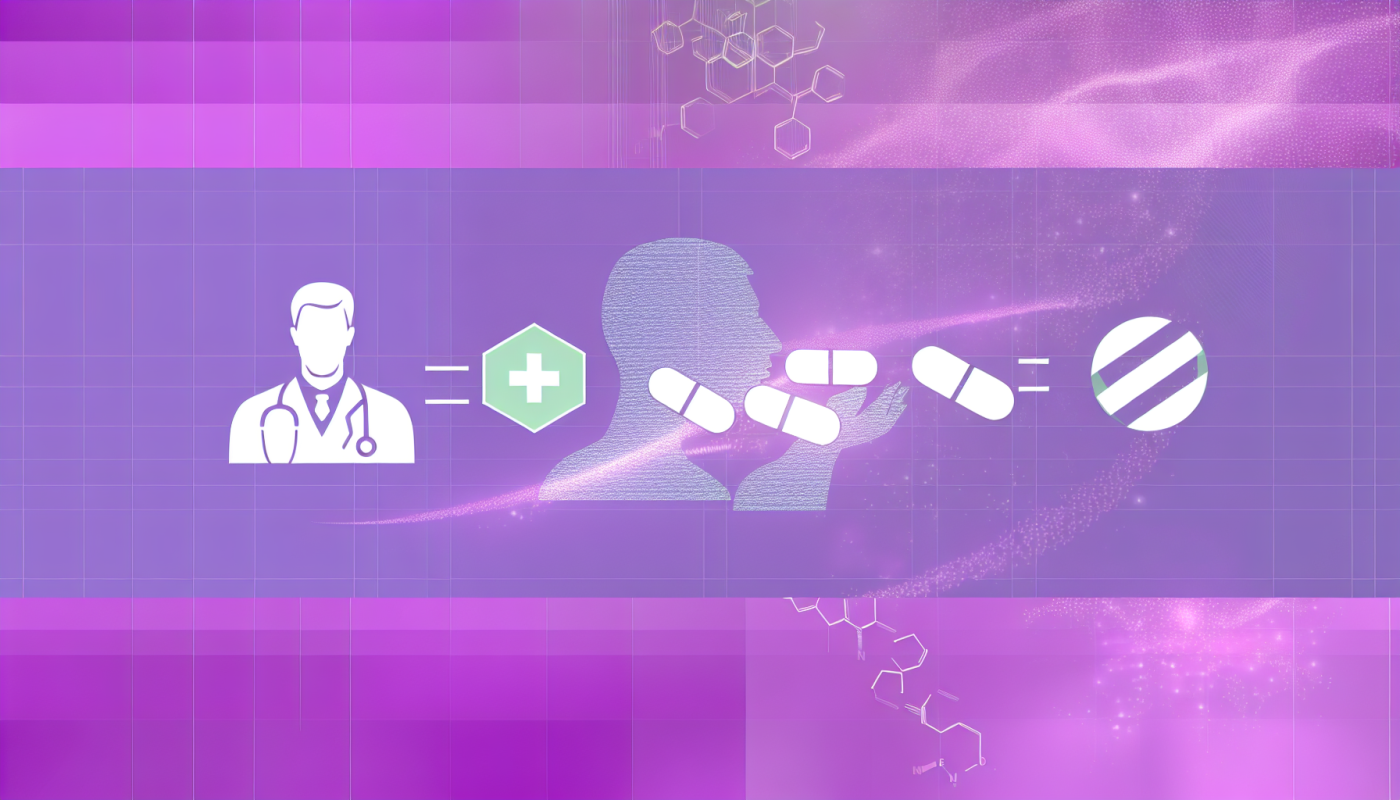Mental Health
Zopiclone vs Melatonin: Sleep Aid Comparison for UK Patients
Key Takeaways
What is zopiclone vs melatonin?
Zopiclone is a prescription sleeping tablet commonly used in the UK to treat short-term insomnia. It’s part of a drug class known as ‘hypnotics’, designed to help people fall asleep more easily. Melatonin, on the other hand, is a hormone naturally produced by the body and is available as a supplement. It helps regulate sleep-wake cycles and is often used for jet lag or shift work.
How does zopiclone vs melatonin work?
Zopiclone works by affecting neurotransmitters in the brain, promoting relaxation and inducing sleep. It’s fast-acting, making it ideal for those struggling to fall asleep. Melatonin supplements work by mimicking the hormone’s natural effects, signalling to your brain that it’s time to sleep, thus helping regulate your sleep cycle.
Benefits of zopiclone vs melatonin
Zopiclone provides quick relief for insomnia, helping patients fall asleep faster and stay asleep longer. It’s particularly effective for short-term use. Melatonin offers a more natural alternative, with fewer side effects and no risk of dependency. It’s beneficial for those who prefer non-prescription options or need help adjusting their sleep schedule.
Potential side effects
Zopiclone can cause side effects such as drowsiness, dizziness, and a metallic taste in the mouth. Long-term use can lead to dependence. Melatonin’s side effects are generally milder, including headaches and daytime sleepiness, and it’s considered safer for extended use.
When to seek medical advice
If you experience persistent insomnia, it’s important to consult your GP. They can assess your symptoms and determine whether zopiclone or melatonin is appropriate. Always seek advice if you experience side effects or if your sleep problems worsen.
Frequently Asked Questions
Zopiclone is a prescription medication for short-term insomnia, while melatonin is a natural hormone supplement available over-the-counter. They work differently, with zopiclone inducing sleep and melatonin regulating sleep cycles.
It’s crucial to consult your GP before combining sleep aids. They can assess potential interactions and advise on safe use based on your health needs.
Melatonin is generally considered safe for long-term use, with fewer side effects compared to prescription medications. However, always consult a healthcare professional for personalised advice.
Zopiclone can cause drowsiness, dizziness, and a metallic taste. Long-term use may lead to dependence, so it’s typically prescribed for short-term use.
Melatonin may be helpful for those experiencing jet lag, shift work disorder, or needing a natural way to regulate their sleep-wake cycle. Consult your GP for advice.
Your GP can evaluate your symptoms and medical history to recommend the most suitable sleep aid, considering factors like effectiveness, safety, and potential side effects.
Key Benefits
Effective Insomnia Relief
Zopiclone offers fast-acting relief, helping you fall and stay asleep, perfect for short-term insomnia management.
Natural Sleep Regulation
Melatonin supports a natural sleep-wake cycle, ideal for those seeking non-prescription options.
Consultation with GPs
Professional guidance ensures the best choice tailored to your specific health needs and concerns.
Conclusion
Choosing between zopiclone and melatonin depends on your specific sleep needs and health considerations. Zopiclone provides immediate relief, while melatonin offers a more natural approach. Always consult your GP to discuss the best option for you.
For more information and to explore treatment options, visit Quick Meds UK. Always consult healthcare professionals for personalised advice.

